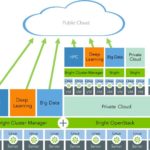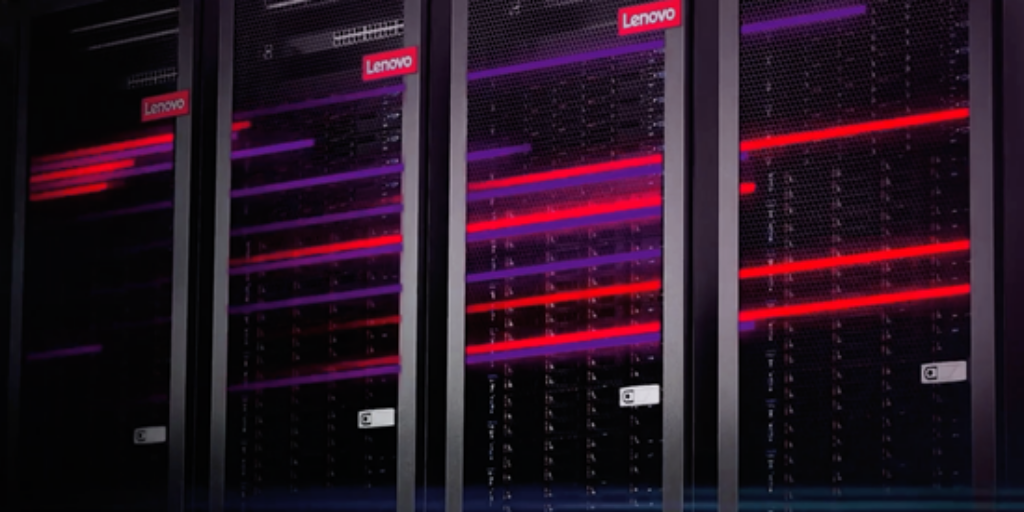Inquisitive minds want to know what causes the universe to expand, how M-theory binds the smallest of the small particles or how social dynamics can lead to revolutions. “The way that statisticians answer these questions is with Approximate Bayesian Computation (ABC), which we learn on the first day of the summer school and which we combine with High Performance Computing. The second day focuses on a popular machine learning approach ‘Deep-learning’ which mimics the deep neural network structure in our brain, in order to predict complex phenomena of nature.”
vScaler to Showcase OpenHPC & Deep Learning at Cloud Expo Europe 2017
Today vScaler announced plans to showcase their HPC cloud platform March 15-16 at the upcoming Cloud Expo Europe Conference in London. Supported by two of its strategic technology partners – Aegis Data and Global Cloud Xchange, vScaler will showcase its application specific cloud platform, with experts on hand to discuss use cases such as HPC, Broadcast & Media, Big Data, Finance and Storage, as well as data centre innovation and co-location. “We provide full application stacks for a range of verticals as well as on-demand consultancy from our expert team,” said David Power, vScaler CTO. “Our tailor-made, software-defined infrastructure cuts away time wasted on the distractions of setup and enables our users to concentrate on the task at hand.”
New Bright for Deep Learning Solution Designed for Business
“We have enhanced Bright Cluster Manager 7.3 so our customers can quickly and easily deploy new deep learning techniques to create predictive applications for fraud detection, demand forecasting, click prediction, and other data-intensive analyses,” said Martijn de Vries, Chief Technology Officer of Bright Computing. “Going forward, customers using Bright to deploy and manage clusters for deep learning will not have to worry about finding, configuring, and deploying all of the dependent software components needed to run deep learning libraries and frameworks.”
Machine Learning and the Intel Xeon Phi Processor
“With up to 72 processing cores, the Intel Xeon Phi processor x200 can accelerate applications tremendously. Each core contains two Advanced Vector Extensions, which speeds up the floating point performance. This is important for machine learning applications which in many cases use the Fused Multiply-Add (FMA) instruction.”





